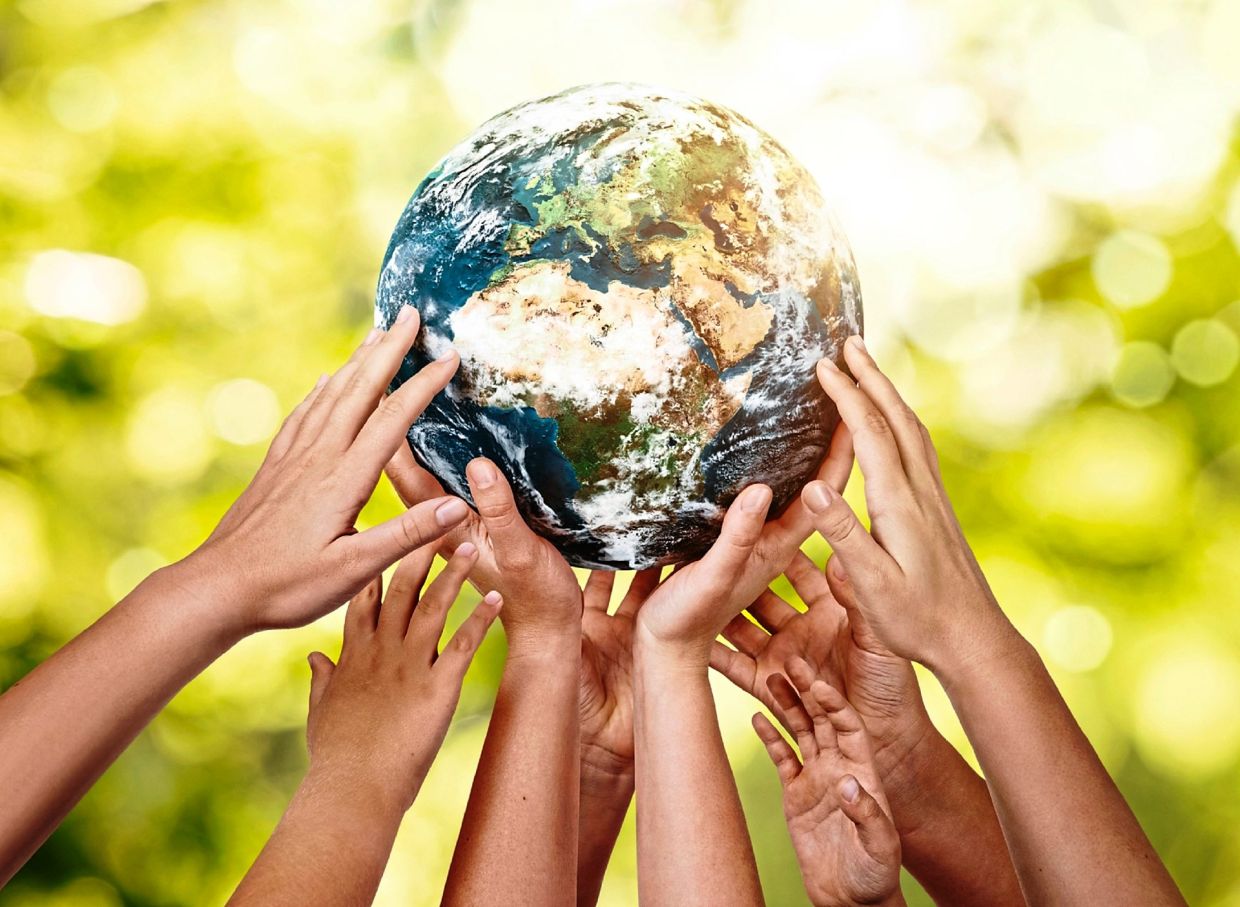
The climate problems are putting up a thriving toll on the cognitive fitness of kids and young people, professionals have noticed. Stimulating degrees of “eco-anxiety” – the persistent assumption of environmental destruction – were inclined to be minimized and harmed too many in the long duration, municipal health specialists announced.
Article in the British Medical Journal, Mala Rao and Richard Powell, of Imperial College London’s Department of Primary Care and Public Health, tell us that eco-anxiety “risks heightening health and social imbalances amongst those more or less susceptible to these psychological consequences”.
Although not yet contemplated as a diagnosable situation, the distinction of eco-anxiety and its complicated psychological consequences were heightened, they explained, as was its disproportionate result on kids and young people. In their essay, they suggested a 2020 questionnaire of child psychiatrists in England exhibiting that more than half (57%) are watching kids and young people discomforted about the climate emergency and the condition of the environment.
A current international poll of climate uncertainty in young people aged 16 to 25 showed that the psychological responsibilities of the climate emergency we’re profoundly influencing massive amounts of these young people around the planet, they put in. Rao and Powell called on worldwide authorities to recognize the challenges along, the necessity to function now, and the obligation crucial to establish a way to a happier and prosperous future, leaving no one behind.
The study gave understanding into how young people’s feelings were correlated with their emotions of deception and dereliction by administrations and grown-ups, they asserted. Administrations were discerned as neglecting to react sufficiently, leaving young people with “no future” and “humanity doomed”. Their warning comes a week after Greta Thunberg excoriated worldwide administrators, rejecting their pledges to deal with the environmental catastrophe as “blah, blah, blah”.
In April, she referred to Boris Johnson, who derisively utilized the term “bunny hugging” to interpret environmental activism. Greta further added that “this is not some costly, politically valid, green ordinance of bunny hugging”. By 2030 carbon emissions are foreseen to soar by 16%, according to the UN, relatively than autumn by half, which is the slash required to maintain widespread heating under the internationally decided limit of 1.5C.
Rao and Powell said it was crucial to contemplate what could be accomplished to ameliorate the soaring degrees of climate uncertainty. They also stated that this is the right time and opportunity of boosting positiveness and hope in the eco-anxious youth and older people to assure they have entry to the adequate and most credible data on climate relief and transformation.
The article is also crucial because it can help in relating more strongly with climate, contributing to greener alternatives at a personal level, and marrying forces with like-minded populations and groups. Individually, a recent study also distributed in the BMJ implies altering harmful behavior could be crucial for attaining net-zero greenhouse gas emissions by 2050.
Theresa Marteau, of the University of Cambridge, let out that technological invention independently would be inadequate. Accepting a primarily plant-based food and putting up with most trips using a mixture of walking, cycling, and the public vehicle would substantially lessen greenhouse gas emissions and enhance health, she announced.
